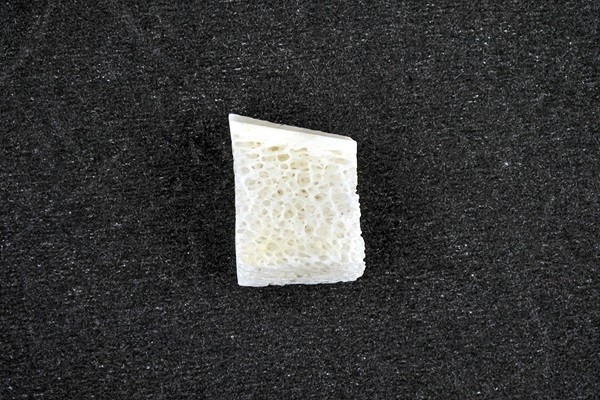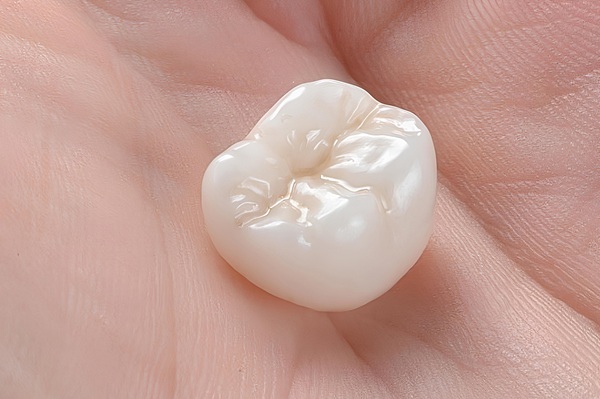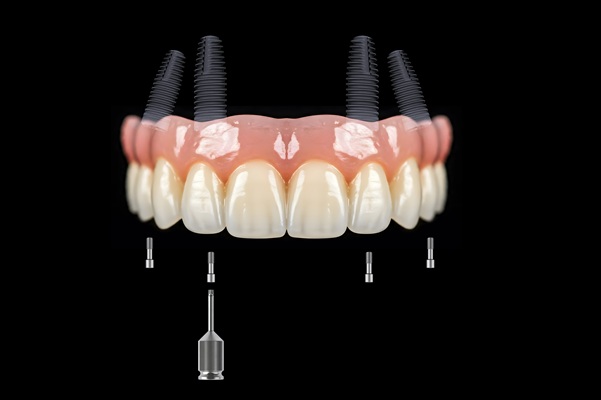What is the Purpose of a Bone Graft Procedure?

A bone graft is a surgical procedure for correcting issues with bones or joints. It involves transplanting bone tissue to a deficient area and is beneficial for bones that are damaged or lost due to trauma or tooth loss. Advances in dental technique and technology have made the procedure easier and effective for stimulating jawbone growth. The following are some reasons why patients undergo bone graft procedures.
The purpose of a bone graft procedure
Missing tooth
For many people, losing a tooth may not exactly be a major issue at first, especially if it is not in the front row. However, a lost tooth needs to be replaced for functional purposes even if it does not affect the appearance of one's smile. If a tooth is lost for any reason, the jawbone starts to get reabsorbed since no tooth is present in the area to provide stimulation.
A patient will likely need bone grafting whether the tooth is lost due to an accident or extraction. Gradually, without a tooth to support, the jawbone will deteriorate, which can make eventual tooth replacement difficult. Bone grafting can restore and prevent jawbone loss to augment the bone in the area where the tooth was lost and give the patient more options for tooth replacement.
Periodontal disease
Also called gum disease, periodontal disease can weaken the jawbone and cause loose teeth. Fortunately, it is possible to treat or reverse periodontal disease, and bone grafting can create a foundation for strong teeth. If a tooth comes loose due to the disease, a bone graft will strengthen the bone and restore oral health.
Teeth misalignment
Misaligned teeth can contribute to gradual bone loss. When the teeth are crowded or misplaced on the jaw, bone stimulation may gradually lessen if the teeth are not aligned. Different methods are available for straightening teeth, which is beneficial. The dentist may suggest bone grafting to ensure there is adequate support for teeth after they are aligned again.
Adequate support for dental implants
The major reason, and probably the most common reason, for bone grafting is to ensure dental implants are rooted firmly in the jawbone. Most of the reasons described above may eventually cause the need for implants. However, unless the bone is strong and has enough density, placing implants may not be possible.
With the techniques and technology available today, bone grafting can restore the bone even if it has deteriorated significantly over time. After the bone is restored, the patient can get dental implants to restore their tooth and get their smile back.
In conclusion
A dentist can perform minor or major bone grafting to promote better oral health. The jaw and other facial bones hold the skin and muscles that are required for a person’s appearance. Bone graft procedure will fill the void where the bone is lost and provide structural stability. Patients who think they might need a bone graft procedure can discuss treatment options with a dentist.
Request an appointment here: https://www.tucsonazdentistry.com or call Advanced Family Dentistry at (520) 353-3002 for an appointment in our Tucson office.
Check out what others are saying about our dental services on Yelp: Will I Need a Bone Graft for Dental Implants in Tucson, AZ.
Recent Posts
Bone grafts are a part of many different medical procedures, including that of oral and dental ones. Most people don’t realize that bone grafts are commonly used within dentistry because they are only for specific procedures. Knowing what to expect when getting a bone graft for a dental or oral procedure can be helpful, especially if…
You should always replace missing teeth as soon as possible. Failing to do so can lead to dental complications like misaligned teeth, bone tissue loss and a smile you may no longer be proud of. Fortunately for those who have lost some of their real teeth, there are a handful of options when it comes…
Same day crown technology has made it possible for patients to get a crown over a tooth on the same day as their dental appointment. Crowns, commonly known as "caps," can treat a broad range of dental problems. They are used to treat decayed parts of teeth, replace a missing tooth as part of a…
An All-on-4® treatment can replace multiple teeth. This extensive procedure is for people who are going to have several teeth extracted. It is also for those who have lost many teeth already. Knowing all that you can about the teeth-replacement options available to you is important. If you want to know if an All-on-4 can…


